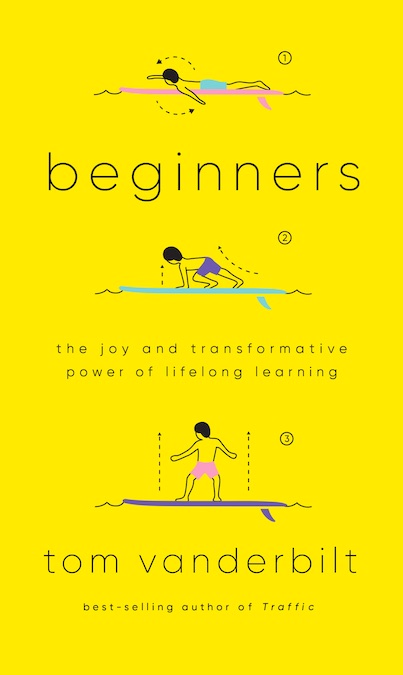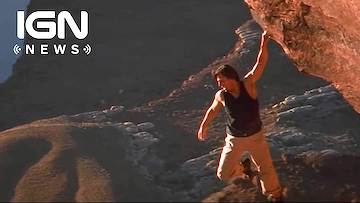 By Cathy Gassenheimer
By Cathy Gassenheimer
Executive Vice President
Alabama Best Practices Center
“Our brains are still ready, willing, and able to learn at every age.”
That quote certainly caught my attention. I still feel young, even though I’m 65. Yet I’m daily bombarded with messages about “old-agey” stuff. There is even a cell phone provider that targets those of us who “weren’t born yesterday!”
 So last winter, when I saw the above quote associated with a 12-minute “Book Bite” from the Next Big Idea Club, I was game. I’m not ready to give into the pressure to “be old” – and I love seeing George Clooney and Viola Davis on those covers of AARP Magazine!
So last winter, when I saw the above quote associated with a 12-minute “Book Bite” from the Next Big Idea Club, I was game. I’m not ready to give into the pressure to “be old” – and I love seeing George Clooney and Viola Davis on those covers of AARP Magazine!
Now it’s summer and this feels like an especially good time to remind the educators among us who are contemplating retirement – or thinking we might stick around a while longer – that tapping into the human desire to learn and improve ourselves is like filling our tanks with high-octane fuel – pushing us forward around the next bend.
Being a Beginner for a Lifetime
“Tom Vanderbilt elegantly and persuasively tackles one of the most pernicious of the lies we tells ourselves – that the pleasures of learning are reserved for the young. Beginners belongs with David Epstein’s Range on the list of books that have changed the way I understand my own limitations.”
— Malcolm Gladwell, best-selling author of Outliers
Tom Vanderbilt is the author of the book Beginners: The Joy and Transformative Power of Lifelong Learning. In his late 40s, he wanted to explore new things with his teenage daughter and by himself. Chess, singing, and surfing were among his new ventures. In the process, Vanderbilt discovered five insights worth considering.
Insight One: Harness the power of the beginner’s mind. When we push beyond our comfort zone, we can often look at a situation or activity with “new eyes” and without preconceptions. This enables us to take on a new hobby without worrying as much about failure or our lack of experience.
By broadening our learning, we often strengthen our main work. Like David Epstein wrote in Range, most Nobel prize winners pursue a wide variety of hobbies from painting to piano playing. Could that be one of the secrets to their success?
 Insight Two: We can learn from true beginners. Vanderbilt is fascinated by infants who learn to crawl, then walk without the fear of failing. They persist longer than many adults, somehow recognizing that failure is part of learning. And they often don’t stick to the same routine. They try different strategies to walk without falling (which they do, an average of 17 times an hour!). Vanderbilt calls it “repetition without repetition.”
Insight Two: We can learn from true beginners. Vanderbilt is fascinated by infants who learn to crawl, then walk without the fear of failing. They persist longer than many adults, somehow recognizing that failure is part of learning. And they often don’t stick to the same routine. They try different strategies to walk without falling (which they do, an average of 17 times an hour!). Vanderbilt calls it “repetition without repetition.”
Insight Three: If you know what you are doing, you shouldn’t be doing it. Well, maybe, according to Vanderbilt. This insight is true for scientists who are successful when they probe beyond what is already known. But would we want an engineer to design a bridge without knowing what will keep it from collapsing?
Vanderbilt notes that we largely take the engineer’s stance of remaining within our knowledge base. Yet, there are times that we long to be that scientist and do something that might get us “over our heads” without worrying much about the consequences. He thinks fulfilling some of those longings can bring us more joy.
Insight Four: Your brain is holding you up. We overthink and that generally holds us back. Remember when you first started driving? You were so aware of the things that now have become automatic. And, in doing so, you might actually have been a less safe driver.
Or, consider the times you think about your breathing or the act of walking down stairs and all of a sudden you’re distracted by something that should be instinctual. The key to harnessing your brain is to focus on external forces so it can focus on more productive actions and ideas.
Insight Five: You’re never too old. It’s never too late to learn something new. Vanderbilt surfaces the stereotype threat that often holds us back. In chess – a game his daughter loves – she often feels intimated by male players, even if they are rated lower than she is, because history show that males generally are more successful chess players. The idea that seniors have no real need to learn new things is another misleading stereotype.
Never Stop Believing
 Too often, we hear that “voice in our head” telling us “you’re not smart enough,” “you’re elderly,” you’re out-of-shape.” We should instead remember that we’re never too “over the hill” to try something different. (Well, maybe not Mission Impossible rock climbing or Iron Men competitions!) While it may take us a little longer to get in shape or master a challenging new task, take heart: Cognitive scientists have found that the more learning one takes on, the faster one learns!
Too often, we hear that “voice in our head” telling us “you’re not smart enough,” “you’re elderly,” you’re out-of-shape.” We should instead remember that we’re never too “over the hill” to try something different. (Well, maybe not Mission Impossible rock climbing or Iron Men competitions!) While it may take us a little longer to get in shape or master a challenging new task, take heart: Cognitive scientists have found that the more learning one takes on, the faster one learns!
So, take on that new hobby or activity or professional learning opportunity. Challenge yourself. You might just find you’ll becoming successful in a way you never imagined.
How do I know this? Have I mentioned I’m a scuba diver? Really!
Resources
► THE BOOK BITE: Listen to Tom Vanderbilt talk (for 12 minutes) about his key insights.
► In 2018 I wrote about another book with a related theme, Never Stop Learning: Stay Relevant, Reinvent Yourself, and Thrive.

0 Comments on "Lifelong Learning: Becoming Beginners Again Brings Us Joy and Satisfaction"